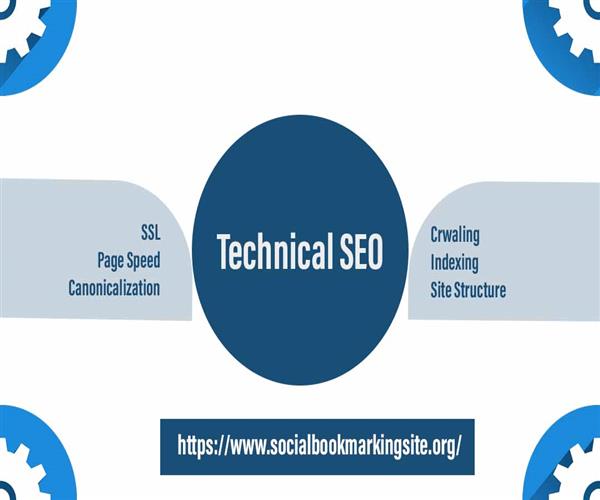Technical SEO refers to the practice of optimizing a website's technical aspects in order to improve its visibility and ranking in search engines like Google. Technical SEO includes optimizing the website's code, structure, and architecture to make it more accessible to search engines and users. It also involves optimizing the website's speed, mobile-friendliness, and other factors that can affect its visibility in search results.
The goal of technical SEO is to ensure that a website is well-optimized for search engines and provides a good user experience. By focusing on technical SEO, businesses can increase their website traffic and drive more qualified leads to their site. Some of the main techniques used in technical SEO include optimizing website speed, improving website navigation, using clean and valid code, creating and submitting a sitemap, setting up webmaster tools, and using structured data.
Some of the main advantages of technical SEO are:
Improved user experience: Technical SEO helps to ensure that a website is fast, easy to navigate, and mobile-friendly, which can improve the overall user experience and keep visitors on the site longer.
Increased website traffic: By making a website more visible and accessible to search engines, technical SEO can help to increase organic traffic to the site.
Higher search engine rankings: Websites that are optimized for technical SEO factors tend to rank higher in search engine results pages, which can lead to more website visitors and potential customers.
Better indexing: Technical SEO can help search engines to more easily crawl and index a website's pages, which can lead to better visibility in search results.
Enhanced credibility: Websites that are well-optimized for technical SEO are more likely to be viewed as trustworthy and credible by both search engines and users.
Overall, technical SEO can be a crucial aspect of a successful online marketing strategy, as it helps to improve the visibility, accessibility, and credibility of a website. By focusing on technical SEO, businesses can increase their website traffic and drive more qualified leads to their site.

Technical SEO techniques
There are many different technical SEO techniques that can be used to optimize a website's technical aspects and improve its visibility in search engines. Some of the main techniques include:
Ensuring that the website is fast and mobile-friendly: Users expect websites to load quickly, and search engines tend to favor fast-loading sites in their rankings. Technical SEO techniques that can help to improve a website's speed include optimizing images, minifying CSS and JavaScript, and using a content delivery network (CDN).
Making the website easy to navigate: A website with a clear and logical navigation structure can be easier for search engines to crawl and for users to use. Technical SEO techniques for improving website navigation include using descriptive and relevant page titles and headings, creating a sitemap, and using breadcrumb trails.
Using clean and valid code: Search engines may have difficulty crawling and indexing websites with poorly written or invalid code. Technical SEO techniques for improving code quality include using valid HTML and CSS, and following web standards.
Creating and submitting a sitemap: A sitemap is a file that lists all the pages on a website and helps search engines to discover and crawl them. Submitting a sitemap to search engines can help to improve the website's visibility in search results.
Setting up webmaster tools: Google and other search engines offer webmaster tools that provide insights into how the search engine is viewing a website. Setting up webmaster tools can help website owners to identify and fix any technical SEO issues.
Using structured data: Structured data is a standardized format for providing information about a webpage to search engines. Using structured data can help search engines to understand the content of a webpage and display it more prominently in search results.